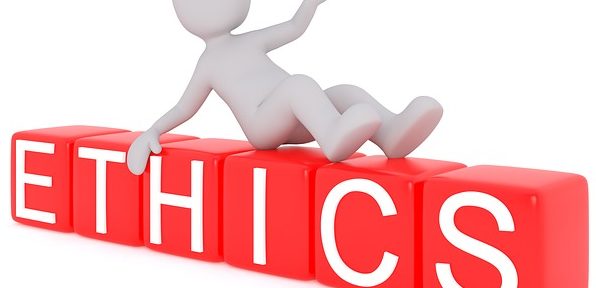
Ethical Will? What’s that?
An ethical Will. It sounds something green, right? Something eco-friendly? A Will that you would write up to leave behind for environmental charities or something? A Last Will and Testament is a document that directs how property shall be distributed upon a deceased person’s death. But what are ethical Wills?
An ethical Will, also known as a legacy letter or values statement, is a type of document that allows individuals to share their values, beliefs, and life lessons with their loved ones.
These types of Wills can be written at any time and do not have to be created as part of an estate plan. They can be as long or short as the individual desires and can cover a wide range of topics, including family history, personal values, goals, and achievements, as well as any messages or advice the individual wishes to share.
These documents can be a powerful way for individuals to reflect on their lives and share their insights and experiences with their loved ones. They can also serve as a valuable source of inspiration and guidance for future generations. These are personal documents that you can included alongside your Last Will.
Here are five ways on how to write ethical Wills:
- Are you communicating to your loved ones through either video or written format?
- What do you want to include in your document? What values, messages do you want to pass down to your loved ones?
- Have an outline as to what you want to include in your letter/document before starting.
- Try starting this around the same time you do your Last Will and Testament.
Find more about ethical Wills, here.



